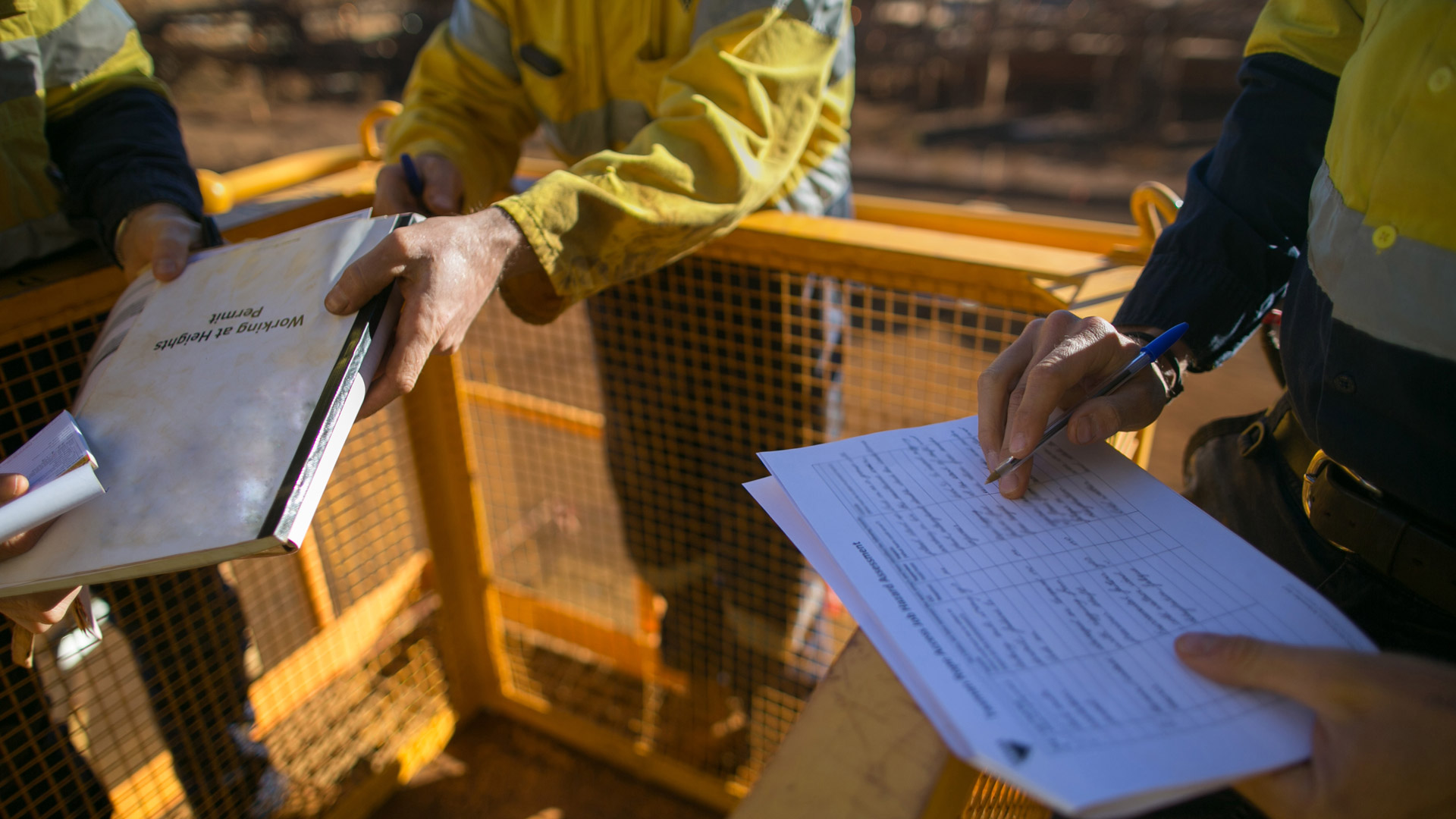In recent years a lot of publicity has surrounded the use of non-disclosure agreements (NDAs) in cases that involve workplace sexual harassment or discrimination.
These concerns have raised questions around the general use of NDAs at work. In response, ACAS has published new advice to help employers and workers understand what NDAs are and how to prevent their misuse.
ACAS Chief Executive Susan Clews said:
"The news has reported on victims coming forward that have alleged appalling abuse by high-profile figures who have then tried to use NDAs to silence whistleblowers. NDAs can be used legitimately in some situations but they should not be used routinely or to prevent someone from reporting sexual harassment, discrimination or whistleblowing at work.
"Our new advice can help employers and their staff understand what NDAs are, how to prevent their misuse and examples where they will not be needed."
NDAs are sometimes used to restrict workers from disclosing sensitive commercial information or trade secrets to people outside their place of work. But employers should consider whether one is needed in the first place as their misuse can be very damaging to their organisation.
The guidance is clear that NDAs cannot be used to stop someone from:
- reporting discrimination or sexual harassment at work or to the police;
- 'whistleblowing' (workers who expose wrongdoing in the workplace); and/or
- disclosing a future act of discrimination or harassment.
NDAs should not be used to hide a problem or brush it under the carpet. If an employer still wishes to use an NDA, then ACAS advice is that employers should:
- always give a clear explanation of why one is being proposed and what it's intending to achieve;
- ensure that a worker is given reasonable time to carefully consider it as they may wish to seek trade union or legal advice on its implications;
- think about whether it's better to address an issue head on rather than try to cover it up; and
- never use NDAs routinely.
These types of agreements should be written in clear, plain English that's simple to understand and leaves no room for ambiguity. Managers involved with these types of agreements should be well trained in using them. Businesses should have a clear and consistent policy around them that is regularly reviewed and reported on.
A worker should be able to ask questions and seek advice before agreeing an NDA. A staff member can also seek advice if they have concerns over an NDA they have already signed. Sources of available help include legal representatives, trade union representatives, the police and healthcare professionals.
You may also be interested in
RELATED CONTENT
RELATED COURSES

The Selection and control of contractors course is designed for individuals who are responsible for selecting and managing contractors in the workplac...

IOSH Safety for Executives and Directors is designed for those who have operational or strategic accountability for a company.

The Permits to work course explores the elements of permit-to-work systems and the high-risk activities that may require them.

The NEBOSH National General Certificate is a vital first step for those wanting a long and successful career in health and safety.

With the COVID-19 vaccine now being rolled out across the country, Pam Loch asks can employers insist that employees have it?

Half of freelancers are planning to stop contracting in the UK after the changes to IR35 come into effect in April.

New research from the CIPD shows zero-hours contract workers report having a better work–life balance and wellbeing than other workers, but improved e...

Amazon has launched an innovative new contract that offers parents, grandparents and guardians of school-age children the choice to work term-time onl...